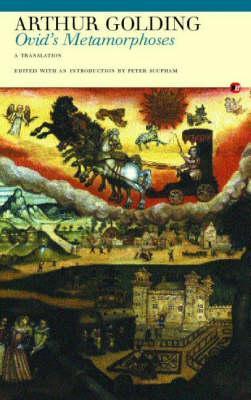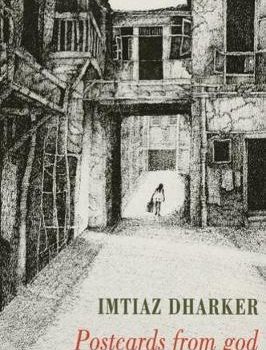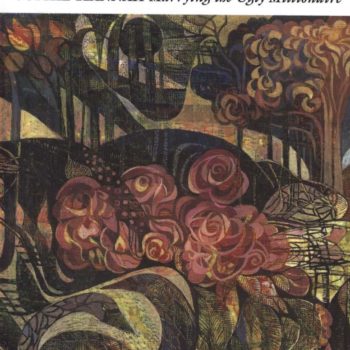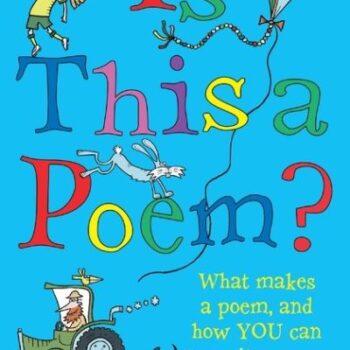Description
Arthur Golding (1536-1606), translated the “Metamorphoses” of Ovid into vigorous, supple English ‘fourteeners’, beguiling readers with the pace and freshness of the ancient narrative. His was the translation that Shakespeare knew, and like the magical forest of “A Midsummer Night’s Dream”, Golding’s stories unfold in a landscape at once homely and enchanted. Here Philemon and Baucis entertain two great gods to a meal of boiled bacon and radishes; Actaeon, out hunting with his hounds Greedigut, Patch, Beautie and Snatch, stumbles upon the goddess Diana; farm labourers flee in fear from the mob of bacchantes tearing Orpheus to pieces, scattering their ‘mattocks, rakes and shovels’; and like the Brueghel painting, Icarus’ doomed flight is witnessed by amazed ‘shepeherdes leaning then / On sheepehookes and the ploughmen on the handles of their plough’. Golding captures Ovid’s delight in the variety of the physical world; its strangeness, beauties and horrors, in human psychology and divine transformations. Peter Scupham provides an introduction to the text, a full bibliography and background notes on stories and characters.





